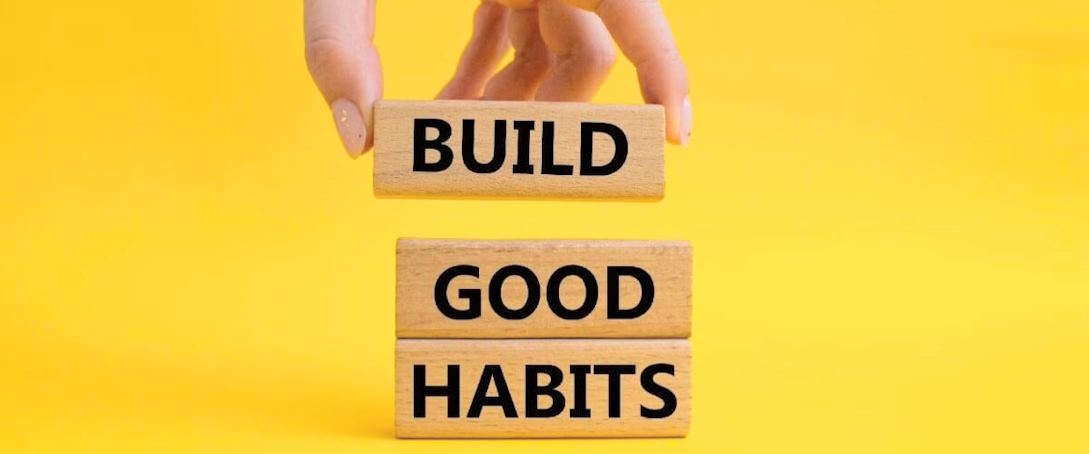Personal development refers to the continuous process of improving oneself in various aspects of life, including skills, knowledge, mindset, and habits. While personal development is often associated with personal growth and well-being, it can also profoundly impact long-term financial returns. This article explores how personal development can contribute to financial success and provide lasting benefits for individuals.
Enhancing Skills and Expertise
Personal development focuses on enhancing skills and expertise, which can directly translate into improved financial prospects. Consider the following areas where skill development can yield long-term financial returns:
Professional Skills
Continuously upgrading your professional skills and staying relevant in your field can lead to career advancement, salary increases, and better job opportunities.
Entrepreneurial Skills
If you aspire to start your own business, developing entrepreneurial skills such as leadership, strategic thinking, and financial acumen can significantly increase your chances of success.
Financial Literacy
Building a strong foundation of financial literacy is crucial for making informed decisions about investments, savings, debt management, and wealth accumulation.

Cultivating a Growth Mindset
Personal development nurtures a growth mindset characterized by the belief that abilities and intelligence can be developed through effort and learning. This mindset is essential for financial success because it drives individuals to take calculated risks, embrace challenges, and persist in facing setbacks. Consider the following ways a growth mindset can contribute to long-term financial returns:
Overcoming Fear of Failure
A growth mindset helps individuals overcome the fear of failure, allowing them to pursue opportunities, take calculated risks, and learn from their experiences.
Embracing Continuous Learning
A growth mindset encourages a thirst for knowledge and a willingness to learn from others. This mindset facilitates ongoing personal and professional development, enabling individuals to adapt to changing circumstances and seize new opportunities.
Perseverance and Resilience
Building resilience and perseverance through personal development equips individuals with the mental strength to navigate challenges and setbacks in their financial journey.

Developing Positive Habits and Discipline
Personal development involves cultivating positive habits and discipline, which are crucial for financial success. Consider the following ways that developing positive habits can yield long-term financial returns:
Budgeting and Financial Discipline
Personal development can help individuals develop effective budgeting skills, manage expenses, and cultivate financial discipline. These habits contribute to long-term financial stability and the ability to save and invest wisely.
Time Management
Developing strong time management skills allows individuals to prioritize their financial goals, allocate time for learning and growth, and maximize productivity in their financial endeavors.
Goal Setting and Planning
Personal development emphasizes setting clear goals, creating action plans, and tracking progress. Applying these principles to financial goals helps individuals stay focused, motivated, and accountable for their financial decisions and actions.
Building Networks and Relationships
Personal development includes building networks and nurturing relationships, which can be valuable for long-term financial returns. Consider the following ways that networking and relationship-building contribute to financial success:
Business Opportunities
Building a strong network opens doors to business opportunities, partnerships, collaborations, and potential clients or customers.
Mentorship and Guidance
Developing relationships with mentors or advisors who have achieved financial success can provide invaluable guidance, support, and insights into navigating the financial landscape.
